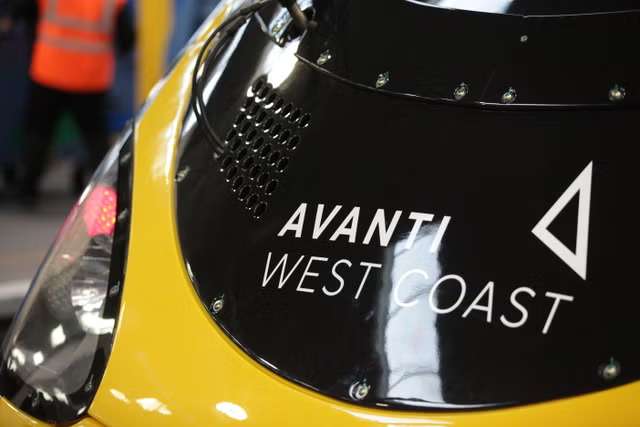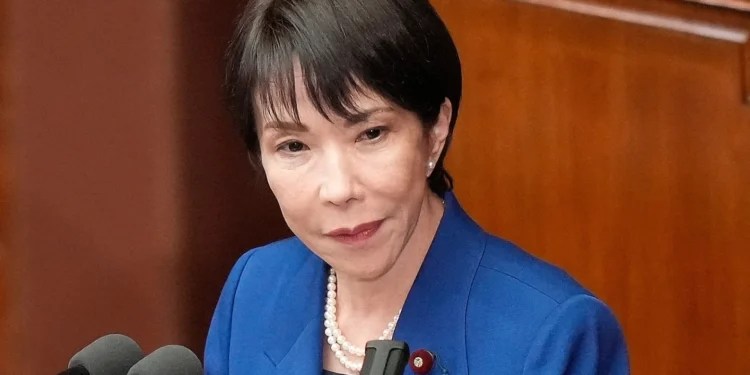Kemi Badenoch has accused Labour of prioritizing union pay rises over the needs of passengers, claiming commuters will “suffer” as a result of inflation-busting wage agreements.
The Tory leader’s remarks follow the announcement of a series of strikes by train managers on the West Coast Main Line, beginning on New Year’s Eve and continuing every Sunday from January 12 to May 25, 2025.
The dispute revolves around a breakdown in negotiations over rest-day working conditions. In August, train drivers secured a 14.25% pay increase spread over three years, raising their average salary to £69,000.
However, this sparked a backlash when the drivers’ union, Aslef, announced fresh strike action just two days later.
The Rail, Maritime and Transport (RMT) union, led by Mick Lynch, has now announced further strikes following its members’ rejection of Avanti West Coast’s revised offer. Workers argue that the proposed deal does little to address their concerns, leaving disruption inevitable.
Badenoch’s office has linked the chaos to Labour’s policies, which she claims overly favor trade unions.

A spokesperson for Badenoch said, “It speaks volumes about the Labour Party policy of offering enormous pay rises to their trade union paymasters and getting nothing in return — and it’s commuters who are going to suffer.”
The Prime Minister’s office has also called on the RMT to return to negotiations. “Passengers are right to be disappointed,” a Downing Street spokesperson said, urging both sides to “get back round the table.”
The strikes are set to significantly impact routes operated by Avanti West Coast, which connects London, the Northwest, and Scotland. An Avanti spokesperson stated that the company remains open to negotiations but criticized the union’s decision to escalate the dispute.
“This strike action will cause significant disruption to our customers making journeys on the West Coast Main Line over an extended period,” the spokesperson said.
RMT Defends Members’ Decision
The RMT union, representing around 400 train managers involved in the dispute, has stood firm in its decision to strike. Members voted by 83% to reject the latest offer from Avanti.
“Our members have resoundingly rejected Avanti’s latest offers in two referendums, and sustained strike action is now the only way to focus management’s minds on reaching a negotiated settlement with the union.”
RMT spokesperson
The union suspended strikes planned for December 22, 23, and 29 after an initial agreement was presented to members, but subsequent talks failed to yield a satisfactory resolution. RMT representatives insist that management must take their concerns more seriously to avoid further disruption.
The strikes, which will stretch over nearly five months, are expected to create significant inconvenience for both daily commuters and long-distance travelers. Avanti West Coast, which operates high-speed services, has warned that the ongoing action could also harm the company’s financial stability.
Avanti’s spokesperson emphasized that the company had made a “very reasonable” revised offer to resolve the rest-day working dispute but noted that smaller disruptions, such as rejected shipments due to minor paperwork errors, demonstrate the challenges of operating under current conditions.
Badenoch and other Tory leaders argue that Labour’s policies have exacerbated these issues by emboldening unions, while critics counter that government inaction has failed to address longstanding problems in the rail industry.
For now, passengers face months of uncertainty, with little hope of resolution as tensions between unions, management, and political leaders remain at an impasse.
READ ALSO: Sam George Hails Supreme Court Ruling on Anti-LGBTQ+ Bill























